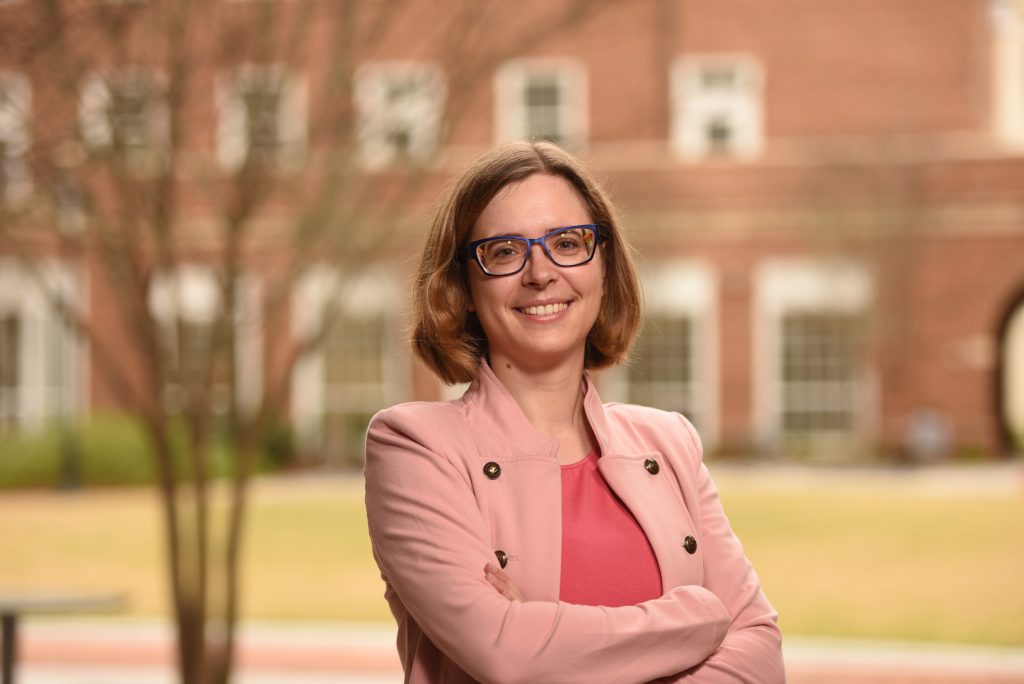A new GLO Discussion Paper studies the characteristics of employment in FDI in Vietnam.

GLO Discussion Paper No. 901, 2021
Employment Mobility of FDI Workers in Vietnam: New Evidence from Recent Surveys – Download PDF
by Nguyen, Cuong Viet
GLO Fellow Cuong Nguyen
Author Abstract:
In this study, we examine characteristics of employment in FDI in Vietnam. Workers from FDI account for 5.6% of working people. Female and younger people are more likely to work the FDI sector. Compared with private and public sectors, the FDI sector has a lower share of workers who have tertiary education. The FDI sector has a high proportion of workers with social insurance, at 95%. However, there is a relatively large proportion of the FDI workers receiving daily wages and piece payment. The FDI workers have a high number of working hours and more likely to have overtime working hours. The FDI workers have lower wages per hour than those in the private and public sector. However, once observed characteristics of workers are controlled for, the FDI workers have higher hourly and monthly wages than the private as well as public workers. The proportion of FDI workers who moved out of the FDI sector was 11% over a three-month period and 31% over a two-year period. Older workers are more likely to move out of the FDI sector than young ones. There is no evidence that workers move out of the FDI sector after age 35.

GLO Discussion Papers are research and policy papers of the GLO Network which are widely circulated to encourage discussion. Provided in cooperation with EconStor, a service of the ZBW – Leibniz Information Centre for Economics, GLO Discussion Papers are among others listed in RePEc (see IDEAS, EconPapers). Complete list of all GLO DPs – downloadable for free.
The Global Labor Organization (GLO) is an independent, non-partisan and non-governmental organization that functions as an international network and virtual platform to stimulate global research, debate and collaboration.
Ends;










